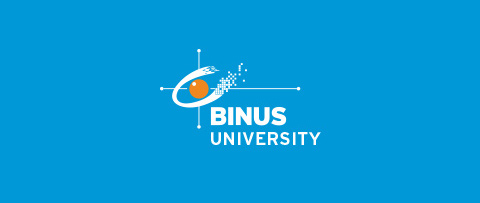The purpose of this article is to examine water accountability in the Pre- and Post-COVID-19 periods and its relationship to the Sustainable Development Goals (SDGs) of nonfinancial companies in Indonesia. This study uses an exploratory approach and Global Report Initiative (GRI) Standards as a disclosure checklist with content analysis method. The sample used focuses on the nonfinancial sector listed on the Indonesia Stock Exchange (IDX) with 1,144 units of analysis consisting of 306 sustainability reports for the period 2017 to 2021 and 838 company annual reports from 2019 to 2021. According to the results of the analysis, the disclosure of Indonesia’s GRI Standard 303 and 306 indicators is still deficient. These results also indicate that companies in the nonfinancial sector have not fully supported the SDGs, especially those related to SDG 6, which is associated with clean water and proper sanitation. Findings from this analysis can be used by the government to make and stipulate regulations related to water and waste as well as explain to companies more specifically as to what action must be taken with regard to waste and water management that are firmly in line with GRI indicators in order to assist companies promote sustainable water management practices that align with the SDGs. In addition, the COVID-19 pandemic situation has also indirectly forced companies to play a bigger role in increasing their contribution to society with respect to the environment, especially to water as it is an important resource for the common good.
- About Us
- About Accounting Program
- Partnership
- Our Collaboration
- Students and Alumni
- Academics
- Publications
- News and Events
- Articles
- Research
- Student Activity
- Seminar Summary
- Skripsi
- Apply Now

